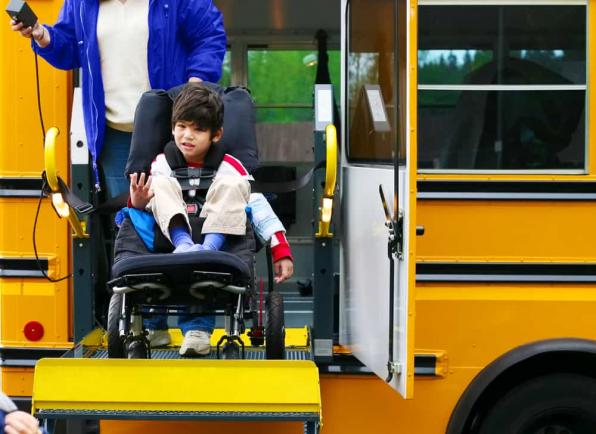
Parents are the most important advocates for their child's education. Knowledge empowers parents and it gives them the peace of mind that they are doing the best job possible. So where do you start? Here are six tips to get you well on your way.
1. Know your child's strengths and weaknesses
A diagnosis is heavily dependent on a parent's report of a child's developmental history. This includes the areas of speech, language, hearing, vision, cognitive, physical and social-emotional skills. The history begins with the child's birth. It is best if a parent can have a written history of a child's developmental milestones rather than depending on memory alone. Refer to the Internet for developmental milestones or books that have developmental scales such as the My Baby Compass series, to help you understand these important concepts.
2. Ask questions at your child's evaluation and follow-up reports
Fear and intimidation, whether it is real or imagined, can cause a parent to freeze. Don't nod your head that you understand what is going on when actually you have no idea. Terminology that is unfamiliar to you as a parent is what the professionals use on a daily basis. It was reported in 2011 by the Department of Health and Human Services that 60 percent of families did not understand a diagnosis or a therapeutic intervention. It is important as a parent to know what to expect and what is needed for your child to succeed.
3. Be a team player with your health care providers, teachers and specialists
More heads are better than one for your child to succeed. The old saying, the squeaky wheel gets the grease, is important. But remember, you get more with honey than you do with vinegar. It is best to stay calm and understand that most service providers are overworked and have strict time constraints. Education and the health care system is feeling the squeeze of the economy; however, you are your child's best advocate and are 100 percent responsible for tracking your child's progress.
4. Record your child's likes and dislikes
This will assist a health care provider or teacher in developing an educational plan that will start on a positive note. Knowing what toys and activities increase your child's interests will provide opportunities for greater engagement. It will also help to establish rapport between your child and those individuals that are providing the service.
5. Know the benefits of an Individual Family Service Plan(IFSP) and/or an Individual Educational Plan (IEP). These are the official documents that provide evaluations, service and treatment for children with developmental delays or special needs. It gives concrete information as to the child's diagnosis, treatment plan, personal involvement, location of service and follow-up appointments. Know the regulation and administration of the rules of the Individuals with Disabilities Education Improvement Act (IDEIA).
6. Ask what activities you can do in the home to assist your child's progress
It takes only six minutes a day for a child to learn a new concept if the idea is presented at the child's level of understanding. Your child wants to be like you and if you show an interest in what your child is doing, greater progress will be made. Also those skills that a child has learned will be maintained for a longer period of time. You will be glad you took the extra time and your efforts will pay off.

